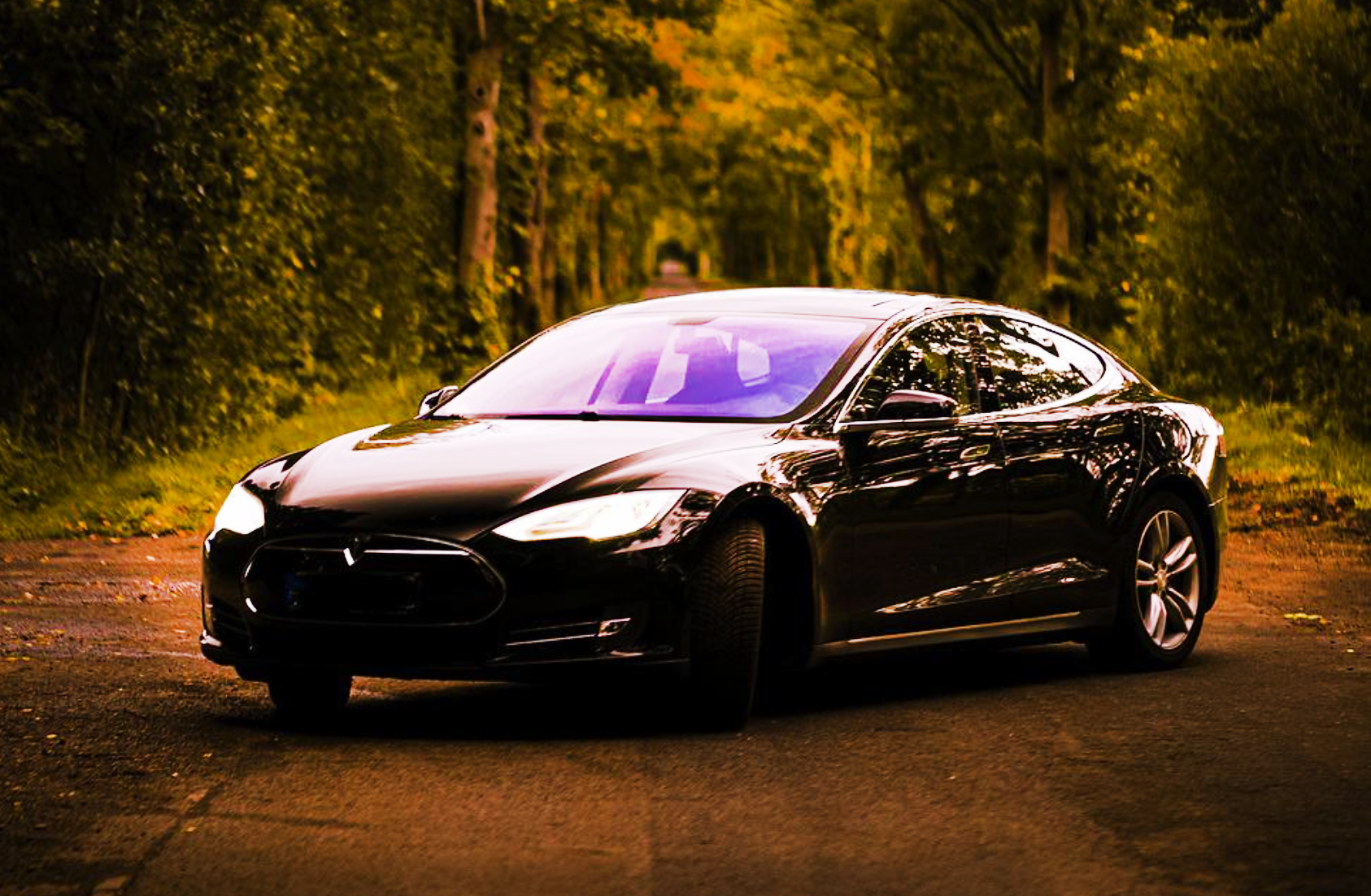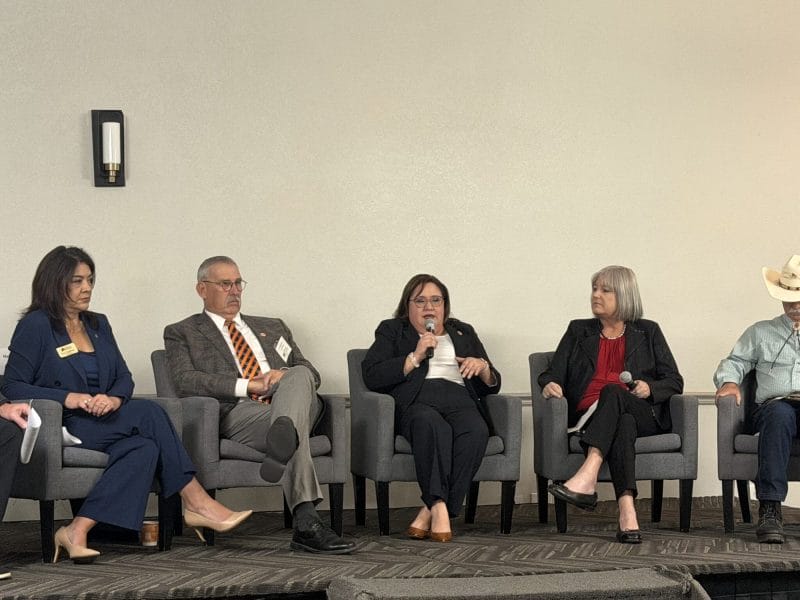There has been a surge in the sales of cars that can travel short distances on just electricity and have a gasoline engine for longer trips.
Tesla’s Model S /Pixabay photo
By Lawrence Ulrich| The New York Times
In late 2010, General Motors sought to seize the high ground from Toyota’s successful Prius hybrid with the Volt plug-in hybrid — a car that could drive short distances on only electricity and fire up a gasoline engine for long trips.
But the Volt and other cars like it struggled to win over drivers as many early adopters opted for fully electric cars like Tesla’s Model S and the Nissan Leaf. G.M. quietly did away with the Volt in 2019 as it trained its sights on all-electric cars.
But a funny thing happened on the way to obsolescence: Plug-in hybrid sales are climbing in the United States, in part because of the recent surge in gasoline prices. Automakers sold a record 176,000 such cars last year, according to Wards Intelligence, up from 69,000 in 2020. This year, sales of plug-in hybrids could reach 180,000, analysts said, even as the overall new-car market drops to 14.4 million from 15.3 million a year earlier, according to Cox Automotive.
All-electric cars have seized around 5 percent of the new-car market, and most analysts and industry executives expect them to eventually surpass hybrids as automakers commit to eliminating tailpipe emissions, a major contributor to climate change. But hybrids — led by a growing selection of plug-ins — still make up about 7 percent of sales, and that number could grow for at least a few years.
Automakers are struggling to ramp up electric-vehicle production because the supply of batteries is not growing fast enough. Partly as a result, the average cost of a new electric car is now a steep $66,000. That provides an opening for plug-in hybrids.
Unlike conventional hybrids, which can be refueled only with gasoline and are dependent on engines, plug-in varieties can operate entirely on battery propulsion. And because these cars have smaller batteries than all-electric vehicles, they can be more affordable. The cars are also appealing because they do not have to be plugged in for many hours to be fully charged. On road trips, they can be refueled with gasoline, eliminating the range anxiety that keeps many people from buying electric cars.








